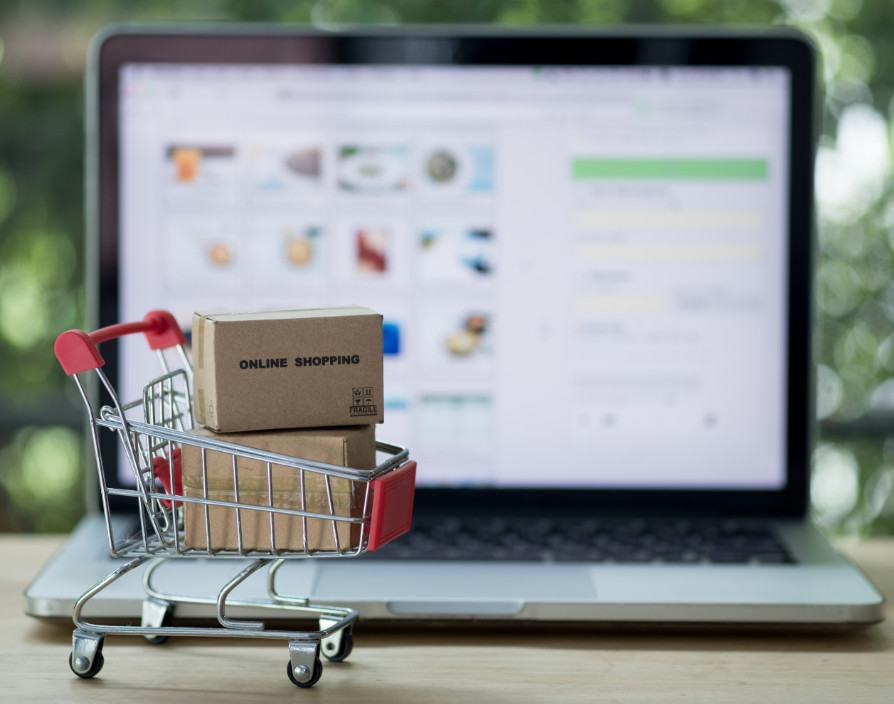With businesses and SMEs grappling with the ongoing tumult of the pandemic, resilience has been a determining factor as to which will survive and thrive amidst the uncertainty. Whether translating services online or assisting employees through lockdowns, the rapid adoption of remote working and acceleration of digital transformation have rendered the commercial landscape almost unrecongisable to that of 2 years prior.
So what exactly is resilience, and why does it matter? Put simply, resilience is our ability to bounce back from difficult situations and cope with adversity ‘ whether emotional, psychological or physical ‘ and it’s a quality we can cultivate both as individuals and as organisations. From regulating our emotions through mindfulness techniques, cultivating optimism and reframing failure as feedback, or empowering employees and customers to consciously live according to their values, there are many techniques and strategies we can employ to build our resilience muscle.
In fact, when facing difficult challenges, it’s the ability to enact our principles that can enable us to come out of the other side stronger. When we are in the midst of extreme adversity, if we connect with a deeper sense of meaning we can even experience post-traumatic growth, a process that can actually deepen our appreciation and strength in life, resulting in greater personal development and wisdom. From a business perspective, if we can understand the context of today’s consumers and connect with the current psychological currents driving their behaviours, we will be in a better position to respond to these trends both as brand and business leaders.
If we look back at some of the biggest changes in consumer behaviours, particularly amongst the younger generations, it’s clear that the search for values-driven brands with whom consumers share an ethos has amplified over the last 18 months. It’s no longer enough to buy those hot new sunglasses or influencer-endorsed sportswear ‘ to really derive value from a purchase it needs to do good, as well as look good. This means that when it comes to goods and services, simply having a great product won’t cut it. To have a real impact, brands must provide purpose. One example of this in action is BrewDog ‘ one of the first companies of its kind to announce carbon negative status back in August 2020. Not only did their commitment to pro-climate action nudge competitors to follow suit, it also served to attract eco-conscious customers and those looking for more sustainable ways to enjoy a cold beer. By taking this specific decision, BrewDog empowered their customers to live up to their values and enabled them to put their money where their mouths are.
What’s interesting is that despite predictions to the contrary, the hardship and turmoil faced by Gen-Z and Millenials seem to have catalysed their expectations that brands contribute more to the world and larger society than simpy to their profit margins. Of course, given the unstable climate and the uncertain future we now face, it makes sense that people are beginning to look for something deeper than the typical run-of-the-mill product or experience.
So where do businesses go from here? Organisations are under more scrutiny than ever to conduct themselves ethically, and in order to thrive they must protect their brand reputation and prove their integrity. Whether setting goals for long-term progress, or treating employees and customers fairly, in order to succeed in this new landscape, organisations must cultivate a genuine, trustworthy brand personality – one that really stands for something.
Whether it’s demonstrating a good ESG record or supporting social justice issues, businesses are having to demonstrate their worth to both shareholders and customers alike. And with Gen-Z and Millennials demanding greater civic and social responsibility from the businesses they interact with, brands of all stripes are being held to account as their actions are scrutinized and their claims interrogated by a much savvier public.
This demand for ethical business practices is a trend that will only accelerate as time goes on, with fairness, honesty and responsibility driving the change. Yet in order to adapt and respond to this sea-change in preferences, businesses will have to orient their approach around a set of values without falling into the trap of virtue-signaling. So, how can they do this?
As organisations jump on the bandwagon of mission-based marketing, it’s become increasingly easy to find examples of woke-washing, green-washing and more. Yet amidst the noise, there are also shining examples of businesses that have upheld their principles, built upon their reputations and connected more meaningfully with customers over the long-term. And with huge rewards to be gained in terms of customer loyalty, deeper brand attachment and resilience to economic downturns, it makes sense to ask how businesses might tailor their approach to foster and demonstrate their integrity.
In the research I conducted for my book, time and again I found that businesses that faired the best in terms of resilience were the ones that abided by the ‘four Cs’ ‘ commitment, congruence, consistency and coherence. The first C, commitment, is about explicitly standing up for the principles you hold dear, whether it’s inclusion, respect, openness, honesty, fairness or any other cherished values. The second C is about being congruent in aligning what you say with what you do. The third C is about consistence over time, and displaying the patience and tenacity to establish a strong track record that people can believe in. The fourth C is about being coherent in intention and behaviour, and doing the right thing for the right reason ‘ and it’s this C that businesses often slip up on. With so many claims about inclusion and sustainability flying about, we’ve become very good at discerning when businesses are doing something because it looks good (or they are legally compelled to) versus when they mean it.
Whatever your business or industry, and whoever your customers, one thing is clear: as we continue to build our way out of this crisis, we won’t be returning to anything like business as usual. The world has changed ‘ and if businesses are to succeed along with it, then they must change too.
“
Share via:


















































